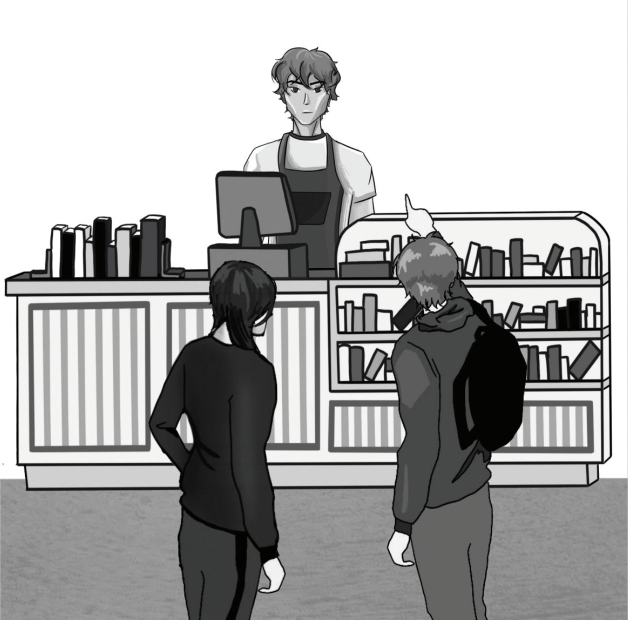Palo Alto environment pushes job security over passion
I am a sentimental person. Maybe it’s my Cancer sun, maybe I’ve miraculously become one with my emotions or maybe I’m just a romantic, but when I walk down University Avenue, taking in the storefronts and reminiscing on the superstitions of the rug factories, I often get swept up in the niceness of our town. Palo Alto is by no means perfect, but that nostalgia factor will always make me want to stay here forever. There I am, staring at the line of lit-up trees in front of me and wondering, “Should I just ditch a humanities education and go into tech?”
I’m slowly realizing the inevitability of having to move across the country to go to some East Coast liberal arts school with ivy climbing up its walls. The people I surround myself with likely will not be the same lovable computer science nerds that populate Silicon Valley in their startup quarter-zip jackets and chinos. Somehow, that preemptive nostalgia has me seriously thinking about what I really want after college. In an ideal world, I graduate with a degree in religious studies and move to Egypt, where I fashionably pull off khakis and become a world famous archaeologist, discovering something that Howard Carter could only dream of. But the world is not ideal. Realistically, I’ll join a startup or some other tech company. Realistically, I’ll work for the next couple of decades of my life. Realistically, I’ll make a lot of money doing just that. But, to me, that reality feels bleak.
Growing up in Silicon Valley, it can sometimes feel like all STEM all the time. When you’ve been up to your neck in tech for as long as you can remember, you grow accustomed to it; it becomes one of your only viable career options. This concept has annoyed me for years. Every time I talk about what I want to major in, I’m met with raised eyebrows and have to quickly clarify that “I’ll probably minor in engineering so I can actually get a job later.” No matter who I talk to, it seems that the one thing we can all agree on is that there are no “good” jobs outside of STEM. So if I decide that I’m going to try my hand at the humanities and follow my passions, it’s a journey into the uncertain. I will have stood at the fork in the road, deliberated on my future and decided to take the road less traveled.
And then, after I’ve done all of that—after I’ve proclaimed myself so incredibly brave for having the gall to enjoy learning about history—I probably have to stick with that, right? Now, maybe I’m just a prideful person, but to end up in STEM after wanting so badly to do something different feels like an admission of defeat. And yet, there is that nagging feeling, that internalization that security lies in STEM, that STEM jobs are constant, that they are increasing and that they are the future. In the end, money is important, and a lot of people will choose security over passion. They stood, like me, for so long at that fork in the road just to eventually tire of having to carve a new path.
All hope is not lost for humanities enjoyers, though. I, personally, refuse to be a pessimist. There will always be jobs in the arts and humanities, though perhaps not as glamorous and perhaps not with whatever breakfast bars and beanbags start-ups are offering these days. As tech grows, so will the opportunities for all skill sets to be used. Psychology majors can lead focus groups or work on developing programs to best satisfy user bases. Ethics experts can advise companies on how to not violate everyone’s privacy (looking at you, Clearview AI). English majors will never be able to exhaust the opportunities that being able to write well can provide. While choosing tech may seem bleak to some, it is not something to dread, nor something that will require you to leave your passions at the door. For so long I thought of the two roads diverging, growing farther and farther away with every step you take. But now I realize that they’re converging, forming a healthy balance as I stroll into the future.
I never did like being forced to choose.
Your donation will support the student journalists of Henry M. Gunn High School. Your contribution will allow us to purchase equipment and cover our annual website hosting costs.

Annika Bereny, a senior, is a Lifestyle Editor and has been on staff since January 2019. When she's not busy finding inane pop culture moments to write...


